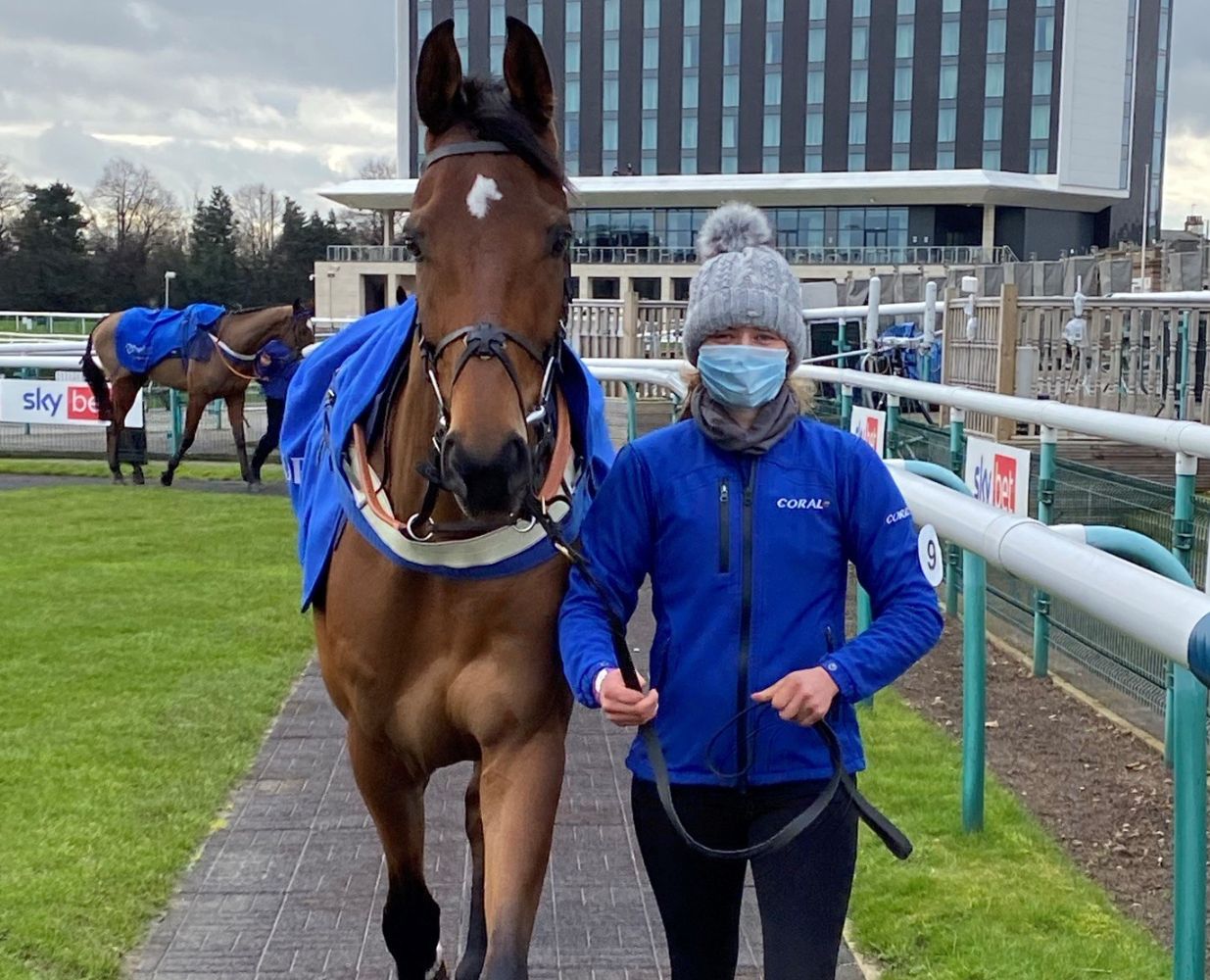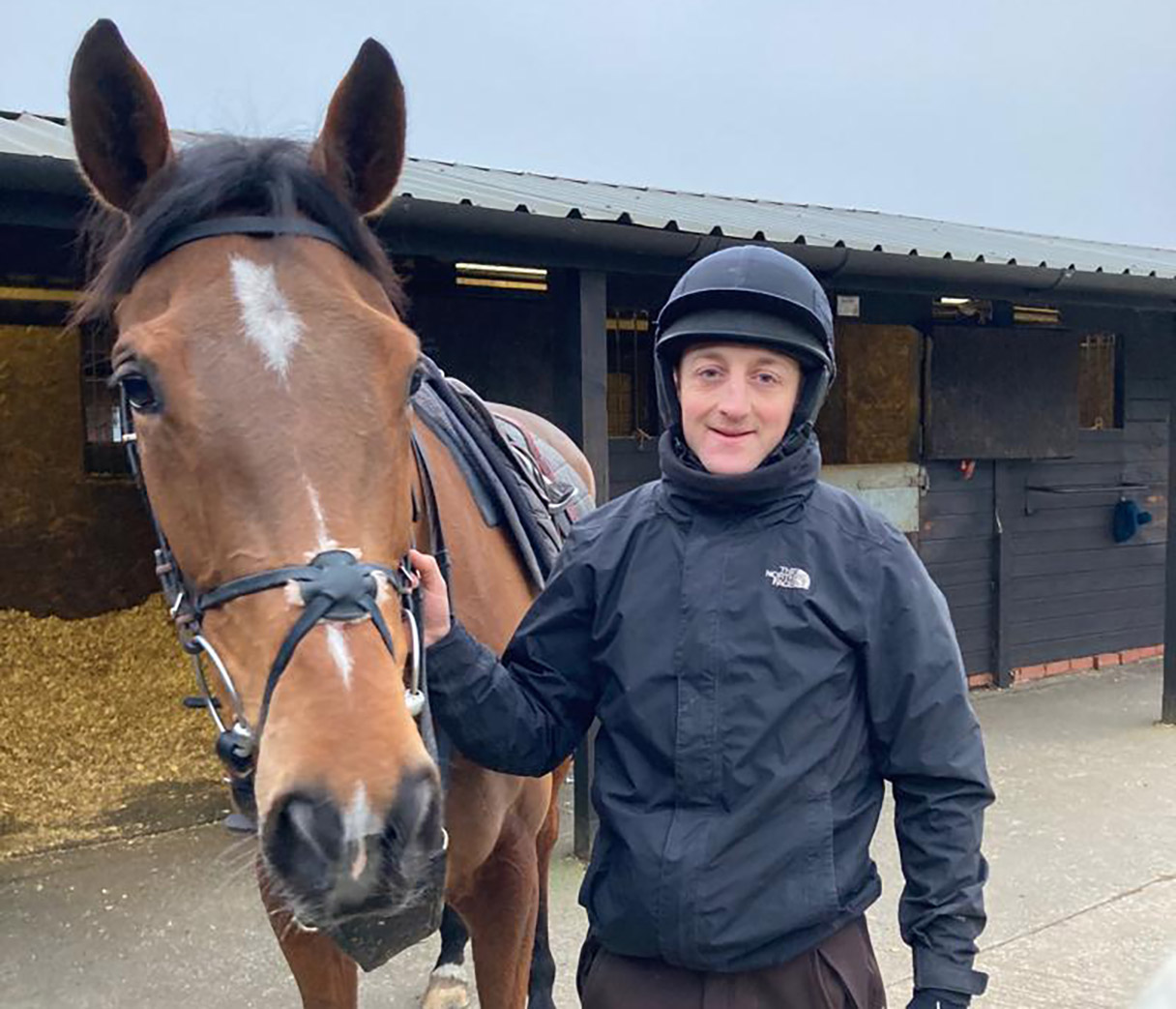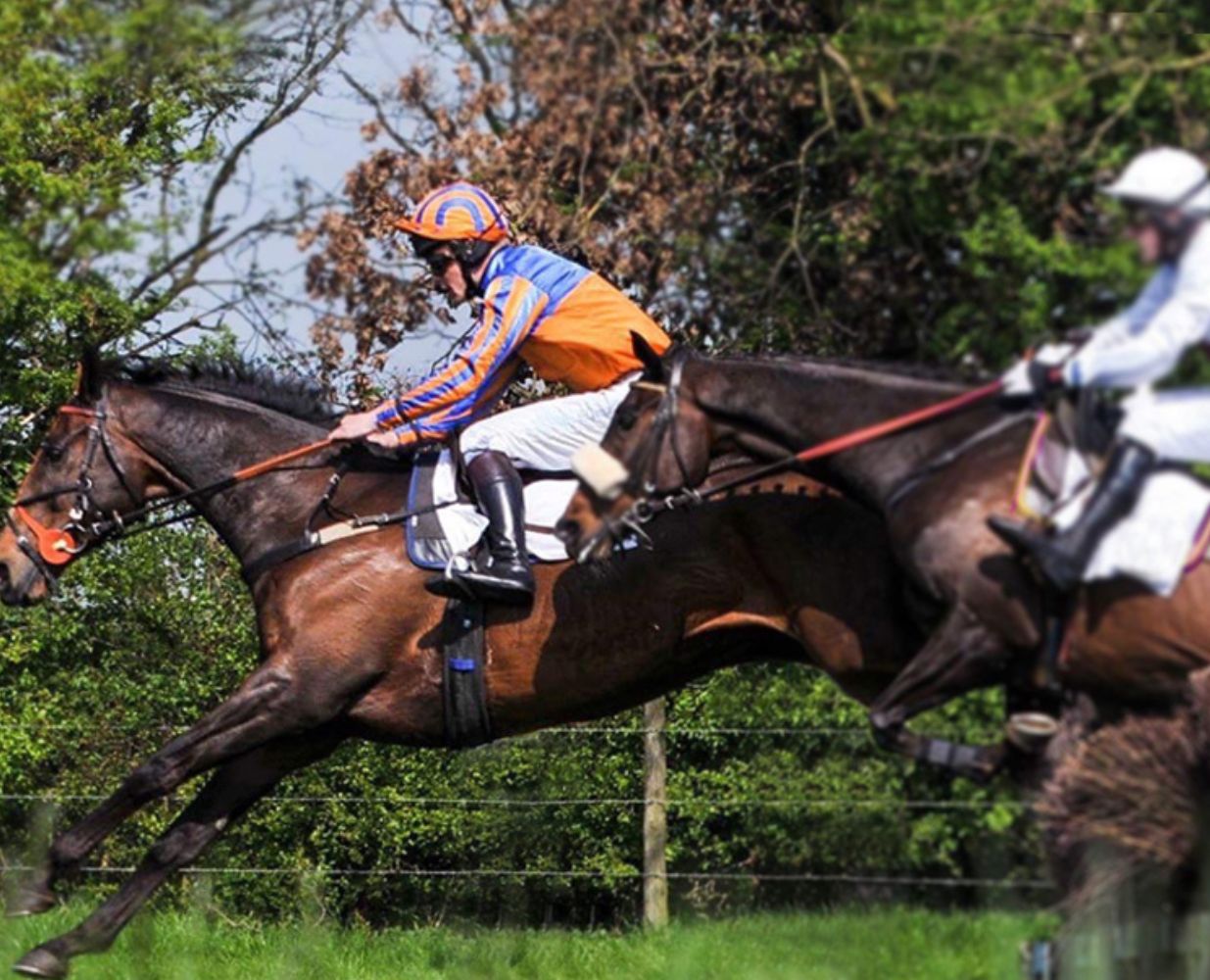Horseracing
Horseracing qualifications are an excellent way to enter and progress in the world of racehorse care. For those with a passion to work with racehorses, either through riding or as ground staff caring for them, the courses we offer are entirely work-based. Training is completed with support from our specialist Trainer Coaches, all of whom have life experience working within racing environments.
Endorsed by the British Horseracing Authority (BHA) and Careers in Racing, our Level 2 apprenticeship meets the diploma requirements for those wishing to become jockeys, and our Level 3 meets the necessary regulations for those looking to become a trainer. As part of our racing qualifications, we also provide the accredited short journey transport course free of charge, enabling our learners to obtain their certificate of competence when handling and transporting horses in the UK.
What to expect as a Racing Groom
Participants embarking on their qualification will be able to choose from either an exercise riding or a yard-based route to study. From there, their assigned Trainer Coach will work closely with them and their employer to tailor the apprenticeship, enabling them to develop the specific knowledge and skills needed to advance their career in racing.
Full support and guidance is provided by the employer and Trainer Coach throughout the course, ensuring that by the end of the qualification individuals feel prepared for an end point assessment, which demonstrates what they have learnt to an independent assessor.
Our apprenticeships also help those who need to develop their maths and English skills and could enable them to gain an additional qualification in these subjects if required.
What is learnt during our horseracing qualifications?
As part of our Level 2 qualification, learners can expect to handle Thoroughbred racehorses in and out of full training. This could include providing exercise regimes to racehorses, preparing, and leading up at the races in accordance with industry practice and providing after race care.
Within our advanced Level 3 qualification, participants will develop expanded skills with an emphasis on young horses, training to help them succeed in a senior role. Apprentices will contribute to the education and training of the horse to prepare for, and improve racecourse performance, alongside the management of yard tasks.
Racing courses to suit everyone
Our apprenticeships are all fully accredited and recognised as meeting the requirements for those needed to work in the racing industry. All our apprenticeships are part of the IfATE’s occupational standards.
We offer horseracing qualifications throughout England, designed specifically for those working directly with Thoroughbred racehorses. In addition, we also offer a trailblazing new apprenticeship developed specifically for horseracing support staff within a business administration role. This course has been created in close partnership with the BHA.
Working with established racing employers, including Paul Nicholls, Harry Fry, Dan Skelton, and Godolphin, we are also able to assist you in finding the best employer within either flat or jump racing to suit your career aspirations if required.
Level 3 Senior Racing Groom
To download the brochure please enter your email address below:

" My Trainer Coach was fantastic. He would explain things in ways I would easily understand and he knows horses inside out, so his knowledge has been second to none. My apprenticeship has allowed me to work with racing professionals and I can use my experience in the future. "

What happens after completing a horseracing apprenticeship?
Upon successful completion of the horseracing qualification, there are various career paths to explore. After completing Level 2, individuals may opt to advance their skills by undertaking the Level 3 qualification to further enrich their knowledge and practical abilities.
Upon completion of the Level 3 horseracing apprenticeship, individuals will have acquired the necessary foundation to expand their careers as racehorse trainers, jockeys, or explore alternative senior roles within the industry.
An apprenticeship in horse racing ensures an investment in the future through practical, hands-on training with an established, licensed employer.
Racing apprenticeships FAQs
Anyone from the age of sixteen can be employed as a racing groom apprentice. There is no upper age limit. Racing grooms under the age of nineteen years old, are required by the industry to complete a Level 2 Racing apprenticeship or equivalent qualification. To apply for a trainer’s licence individuals will need to complete a Level 3 racing apprenticeship or equivalent qualification.
On a practical level, participants will receive guidance and supervision from their employer as they learn, alongside regular visits from their Trainer Coach. This will ensure learners are developing the skills needed in their job role. Learners will also gather evidence of your knowledge and skills through assigned tasks, which are a combination of written work, videos and recordings that can be submitted through our online learning system, or directly to their Trainer Coach.
Apprentices do not pay anything towards their apprenticeship training and qualification. Our courses are either fully funded, or part funded, by employers. Apprentices are an employed member of staff and will receive all the benefits that their co-workers receive, including a contract, regular wage, and holiday allowance.
I am a learner
Start your career and apply for an apprenticeship or up skill in your current role to progress your career.
I am an employer
Businesses need to grow. Learn new skills through our fully funded apprenticeships.
I am a parent
We have lots of apprenticeship vacancies. Your child will earn a wage while studying a qualification.


